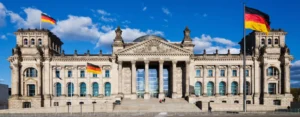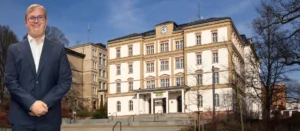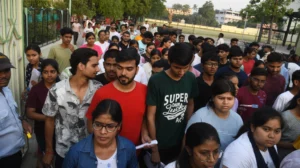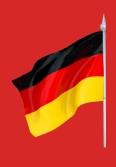Heinrich Böll Foundation Scholarship for Undergraduate and Graduate students
Are you an outstanding student eagerly searching for a scholarship to help with your expenses?
We welcome you to this page, as this is where you need to be.
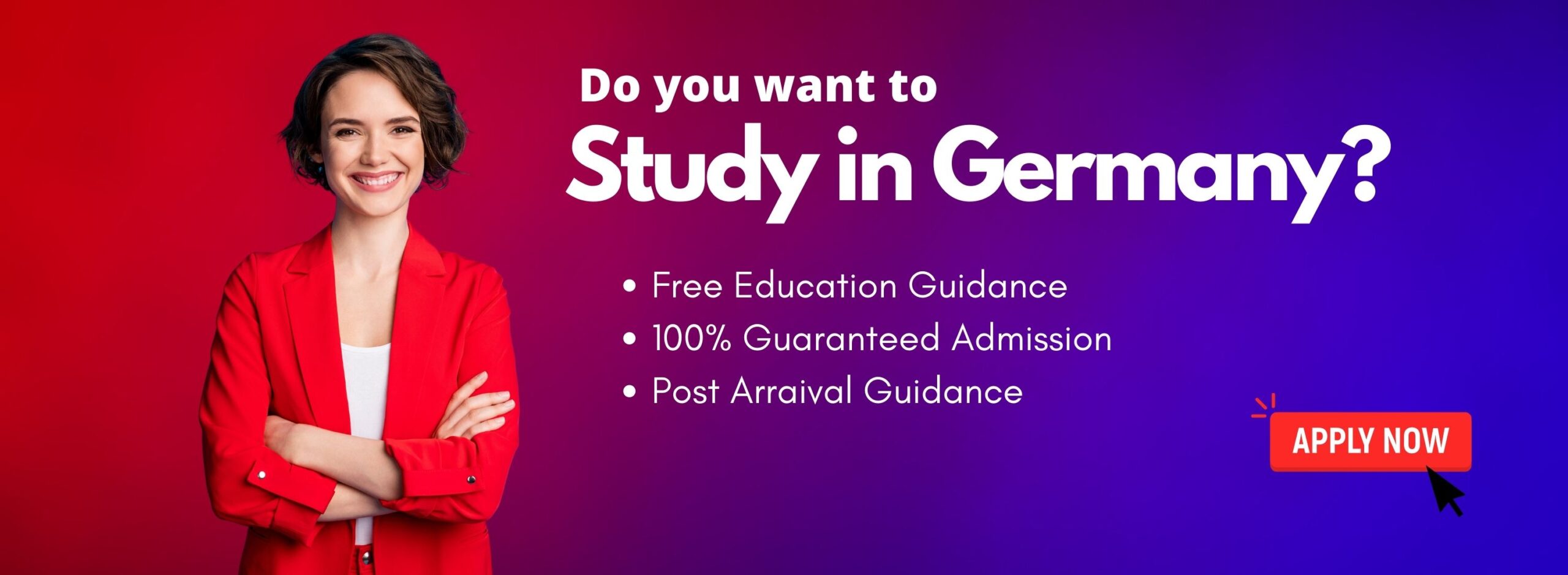
To redeem this scholarship, the candidates must be undergraduate, graduate, or doctoral students.
Note: A student pursuing an undergraduate degree is not eligible for this scholarship.
They must pursue their degrees at universities, universities of the arts, or applied sciences.
An important prerequisite is that the scholarship redeemer must have outstanding academic records, be socially and politically active, and have a deep interest in foundational values such as democracy, ecology, human rights, self-determination, justice, and sustainability.
Heinrich Böll Foundation accepts only online applications. Proof of completion of the B2 level of the German language is compulsory.
International students need to have German proficiency to be eligible for the scholarship.
Heinrich Böll Foundation has two deadlines in a year. The deadlines are March 1st and September 1st.
Students should note that the application portal for the scholarship will be open and available only six weeks before the deadline.
Requirements for the Heinrich Boll Scholarship for undergraduate and graduate students
The Heinrich Böll Foundation grants scholarships under the guidelines of Germany’s Federal Ministry of Education and Research (BMBF) and the Foreign Office.
| Requirements to note | Germans/Foreigners who are educated in Germany | EU citizens/students out of school in Germany. | Non-EU citizens/students out of school in Germany. |
| Qualified degrees that can avail scholarship | First degree (Bachelor, Diplom, state exam) | They need a Master’s degree and proof of UG. | They need a Master’s degree and proof of UG. |
| Earliest application date | Just before the start of studies, enrolment proof has to be enclosed. | Just before the start of studies, enrolment proof has to be enclosed. | Just before the start of studies, enrolment proof has to be enclosed. |
| Latest application date | The fourth semester of the degree, along with student registration. | The first semester of the degree, along with student registration. | The first semester of the degree, along with student registration. |
| Courses that qualify for scholarships | All | All | All |
| Application procedure for scholarship division | 1st March and 1st September | 1st March and 1st September | 1st March and 1st September |
| Required German proficiency proof | – | B2 level certificate | B2 level certificate |
| Duration of scholarship | The regular study periods. It can extend to one extra semester. | The regular study periods. It can extend to one extra semester. | The regular study periods. It can extend to one extra semester. |
| Universities | Degree in the state and state-recognised universities in Germany, Switzerland, and other EU states | Degree in the state and state-recognised universities in Germany, Switzerland, and other EU states | Degree in the state and state-recognised universities |
| Tuition Fee funding | Not possible in Germany. They have a limited extent possible in other countries. | Not possible in Germany. They have a limited extent possible in other countries. | Possible in certain cases in Germany. |
| Limited period funding spent abroad for study or internship | Additional funding available | Additional funding available | Funding is available for a limited period. |
| Level of scholarship funding | Varies to the max. of 752 euros plus 300 euros allowance per month | Varies to the max. of 752 euros plus 300 euros allowance per month | 861 euros per month plus individual allowances |
The scholarship selection procedure
The selection procedure to avail of the Heinrich Böll Scholarship comes in three stages.
Stage 1: Submitting written application materials.
The application documents should have a personal reference based on your social commitment and an expert reference from any university professor. New students can get it from a schoolteacher.
The applicant must put the expert reference in an envelope, seal it, and submit it with the other applications or separately.
The eligibility criteria for assessing those applications and admitting the applicant to the next stage are:
- The candidate should have an excellent academic record in school/college/university.
- The candidate should possess social commitment and have a genuine political interest.
- The application should contain convincing reasons to apply for the Heinrich Böll Foundation scholarship programme.
Stage 2: Interview with a liaison lecturer
The interview with the liaison lecturer will take place on the university premises or near your residence.
Under exceptional cases, the lecturer will hold a telephone interview with the candidate.
During this stage, the liaison lecturer will write a report about you.
The interview will be for an hour at the lecturer’s residency in Germany. The Heinrich Boll Foundation appoints the lecturer.
The interview will cover the applicant’s academic record, capability to study, political interest, discipline, awareness, and social commitment.
Once the lecturer interviews the candidate about all the related points, the lecturer will write a report based on the candidate’s answers.
Stage 3: Selection Workshop
They will hold the Berlin selection workshop comprising an individual interview and a group discussion.
Considering the reports of the experts and the liaison lecturer, the candidate will receive an invitation to a workshop on selection.
The crux of the workshop is to understand the applicant’s abilities. The digital workshop will not have a group discussion.
Note: You cannot reapply if you have already attended a selection session and got rejected.
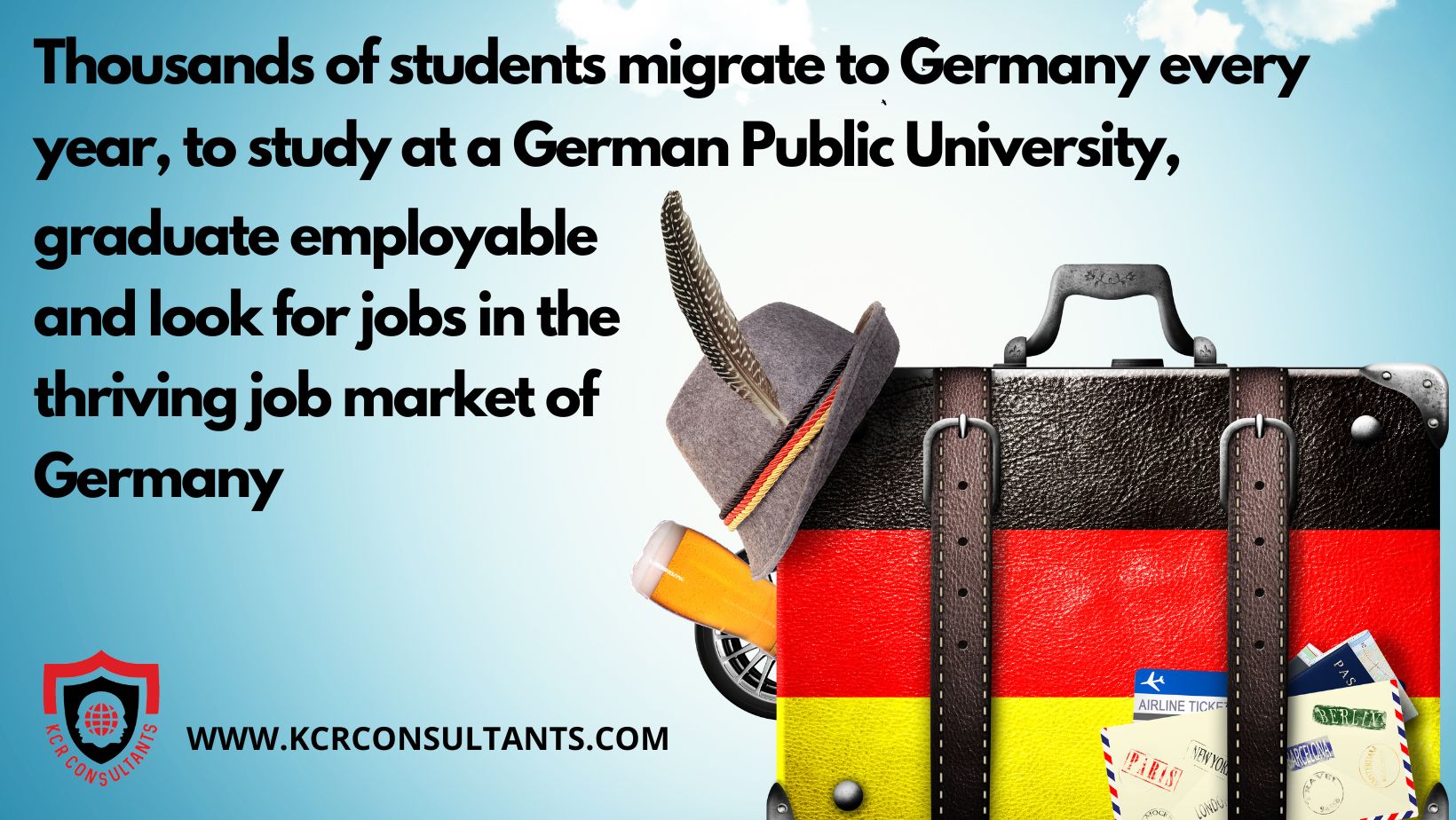
* You must have your bio-data details and Curriculum Vitae (CV).
* You must present a motivational letter citing the reason for applying to Heinrich Boll Foundation.
* An overview of your desire to study the respective subject, showing your area of interest.
* An overview of your social commitment and political interest.
* A university entrance qualification certificate is required (Abitur). A certified translator should translate the document into German or English.
* A complete list of all your study certificates up to the current studies.
If you are a foreign applicant applying for a scholarship to pursue a master’s degree, you must produce your first-degree certificate along with German or English translation, if required. If the grades differ from the German system, the applicant must explain.
* Written proof of your German language proficiency where the minimum requirement is a B2 level of proficiency.
* You should provide a detailed personal description by a third-party referee (someone who knows you well and should not be a friend or family member).
It should be around one to two pages containing:
- The referee must explain your social commitment, where you have been proactive, what you have accomplished to date, and your particular commitment aspects, apart from the CV. Internship testimonials are invalid. You should explain why you cannot provide a reference due to conflict.
- The referee should write a personal assessment of you and the causes you support.
- The description must have your ability assessment of political affairs and your appraisal.
- The referee should mention the duration of your acquaintance with them.
The referee can send the personal description directly to Heinrich Böll Foundation through email. The referee must sign the original, but a signature isn’t required if the referee sent the mail directly from the referee’s email account and did not need to be sent additionally by post.
The applicant should send the reference only once.
* They require an expert reference from a college or a university lecturer about your proposed study programme, academic records, and study interests to date. If you are an international student, submit an expert reference from where you are planning to study by that university lecturer.
If you are already studying in Germany, you must submit an expert reference from a university lecturer, not an assistant or adjunct lecturer.
The applicant must send the expert reference directly to the Heinrich Böll Foundation scholarship department through email. Type the original reference properly (not handwritten) and sign it.
Important note: Expert reference and personal reference are two separate descriptions. The same person must not write them.
* They have asked Refugees to include a document detailing their residency permits.
Important points to follow while presenting application documents
- To be complete and prepared for processing, the entire list of documents, including the personal and professional references, must be attached by March 1st or September 1st.
- They will not process incomplete applications and will inform you about the next application date.
- The references sent by the referees in personal and expert references must reach the Heinrich Böll Foundation within the deadline.
- The personal and expert referees must sign the respective references. If they email the references, a signature isn’t required.
- The application documents should be in German (personal and expert references can be in English).
- The Heinrich Böll Foundation will electronically save the applicant’s personal information after the application is submitted and subsequently destroyed, in compliance with legal data protection standards.
- They will not legally entitle you to a scholarship or financing if they decline your application.
- Understand that they receive many applications, and it is difficult to state the specific reason for declining their scholarship to every candidate.
Application deadlines
The following application deadline applies to German students who have received university entrance qualifications from a German school:
| Application deadline | March 1st | September 1st |
| Liaison lecturer interview | By mid-May | By mid-November |
| Selection workshop | June/July | Dec/Jan/Feb |
| Scholarship award notification | July | Jan/Feb |
| Beginning of scholarship payments | 1st October (max) | 1st April (max) |
The following application deadline applies to international students belonging to EU and non-EU:
| Application deadline | March 1st | September 1st |
| Liaison lecturer interview | By mid-May | By mid-November |
| Interview with the committee | June/July | Dec/Jan/Feb |
| Scholarship award notification | July | Jan/Feb |
| Beginning of scholarship payments | Timely (max 1st October) | Timely (max 1st October) |
Did this information enlighten you about the Heinrich Böll Foundation Scholarship for Undergraduate and Graduate students?
If you want a scholarship to help your doctorate research, please read our article Heinrich Böll Foundation Scholarship for Doctorate Studies (PhD).
Contact KCR CONSULTANTS, who will guide you in applying for these scholarships.
Please take some time and read our other articles:
How to study in Germany for free?
Deutschland Stipendium National Scholarship Programme in Germany 2022
Can I make my dream of going abroad come true?
DAAD Scholarship Programme in Germany 2022
Which country is one of the best to provide world-class education?



